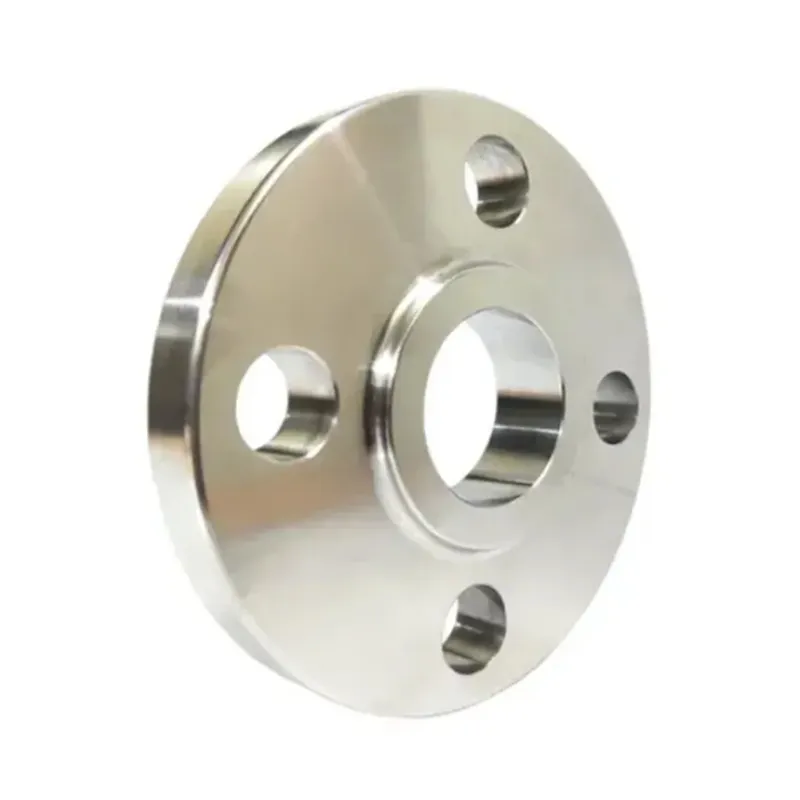-
Cangzhou Yulong Steel Co., Ltd.
-
Phone:
+86 13303177267 -
Email:
admin@ylsteelfittings.com
- English
- Arabic
- Italian
- Spanish
- Portuguese
- German
- kazakh
- Persian
- Greek
- French
- Russian
- Polish
- Thai
- Indonesian
- Vietnamese
- Zulu
- Korean
- Uzbek
- Hindi
- Serbian
- Malay
- Ukrainian
- Gujarati
- Haitian Creole
- hausa
- hawaiian
- Hebrew
- Miao
- Hungarian
- Icelandic
- igbo
- irish
- Japanese
- Javanese
- Kannada
- Khmer
- Rwandese
- Afrikaans
- Albanian
- Amharic
- Armenian
- Azerbaijani
- Basque
- Belarusian
- Bengali
- Bosnian
- Bulgarian
- Catalan
- Cebuano
- China
- China (Taiwan)
- Corsican
- Croatian
- Czech
- Danish
- Esperanto
- Estonian
- Finnish
- Frisian
- Galician
- Georgian
- Kurdish
- Kyrgyz
- Lao
- Latin
- Latvian
- Lithuanian
- Luxembourgish
- Macedonian
- Malgashi
- Malayalam
- Maltese
- Maori
- Marathi
- Mongolian
- Myanmar
- Nepali
- Norwegian
- Norwegian
- Occitan
- Pashto
- Dutch
- Punjabi
- Romanian
- Samoan
- Scottish Gaelic
- Sesotho
- Shona
- Sindhi
- Sinhala
- Slovak
- Slovenian
- Somali
- Sundanese
- Swahili
- Swedish
- Tagalog
- Tajik
- Tamil
- Tatar
- Telugu
- Turkish
- Turkmen
- Urdu
- Uighur
- Welsh
- Bantu
- Yiddish
- Yoruba

Jul . 30, 2024 10:49 Back to list
Understanding ASTM A106 Gr B Specifications for Carbon Steel Pipe Applications in Various Industries
Understanding ASTM A106 Grade B Steel
ASTM A106 Grade B is a specification established by the American Society for Testing and Materials (ASTM) for seamless carbon steel pipes often used in high-temperature applications. It is one of the most widely utilized materials in various industries due to its excellent mechanical properties and ability to withstand extreme conditions. In this article, we will delve into the specifications, applications, and advantages of ASTM A106 Grade B steel.
Specifications and Properties
ASTM A106 Grade B steel is primarily designed for high-temperature service and is suitable for various structural applications. The specification outlines the requirements for seamless and welded carbon steel pipes that are intended for the transport of fluids and gases in various industries. The chemical composition for A106 Grade B typically includes carbon content ranging from 0.18% to 0.24%, and manganese, phosphorus, sulfur, silicon, and other elements, which contribute to its durability and strength.
The mechanical properties of ASTM A106 Grade B are impressive. The minimum yield strength is 35,000 psi (241 MPa), while the tensile strength can reach up to 60,000 psi (414 MPa). Additionally, the elongation percentage for a standard sample is a minimum of 20% in 8 inches, which indicates good ductility and the ability to withstand deformation without breaking.
Applications
Due to its robust nature, ASTM A106 Grade B is extensively used in various industrial applications. It is commonly found in oil and gas pipelines, power plants, refineries, and other high-pressure environments. Particularly, it is used for process piping, which involves the transportation of fluids under pressure and at high temperatures.
astm a106grb

In the petrochemical industry, A106 Grade B steel pipes play a crucial role in the transportation of oil and gas, where temperature and pressure conditions can be extreme. Additionally, it is also utilized in construction machinery, heating elements, and steam systems. Its versatility and strong performance under adverse conditions make it a preferred choice for engineers and material scientists alike.
Advantages of ASTM A106 Grade B Steel
One of the most significant advantages of using ASTM A106 Grade B is its ability to withstand high temperatures without losing structural integrity. This characteristic is crucial for pipelines that transport hot liquids or gases, as it minimizes the risk of failure due to thermal stresses.
The seamless construction of ASTM A106 Grade B pipes also contributes to their reliability. The lack of welded joints reduces the potential for leaks and weak points, making them ideal for high-pressure applications. Furthermore, the ability to bend and shape these pipes without compromising their structural integrity provides greater flexibility in design and installation.
Another noteworthy advantage is the material’s excellent corrosion resistance. Although A106 Grade B is primarily a carbon steel, it can be alloyed with other materials or coated to enhance its resistance to corrosive environments, especially in petrochemical applications where exposure to aggressive substances is common.
Conclusion
In summary, ASTM A106 Grade B steel is a vital material in the industrial sector, known for its strength, durability, and reliability under extreme conditions. Its wide range of applications, particularly in the oil and gas industry, underscores its importance in modern infrastructure and energy systems. As industries evolve and demand increases for robust materials capable of performing under high pressure and temperature, the role of ASTM A106 Grade B continues to be indispensable. Understanding its properties, applications, and advantages ensures that engineers and designers can make informed decisions when selecting materials for their projects.
Latest news
-
ANSI 150P SS304 SO FLANGE
NewsFeb.14,2025
-
ASTM A333GR6 STEEL PIPE
NewsJan.20,2025
-
ANSI B16.5 WELDING NECK FLANGE
NewsJan.15,2026
-
ANSI B16.5 SLIP-ON FLANGE
NewsApr.19,2024
-
SABS 1123 FLANGE
NewsJan.15,2025
-
DIN86044 PLATE FLANGE
NewsApr.19,2024
-
DIN2527 BLIND FLANGE
NewsApr.12,2024
-
JIS B2311 Butt-Welding Fittings LR/SR 45°/90° /180°Seamless/Weld
NewsApr.23,2024











